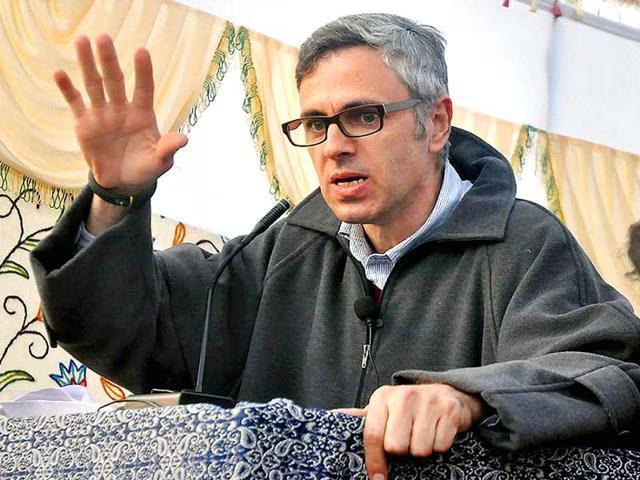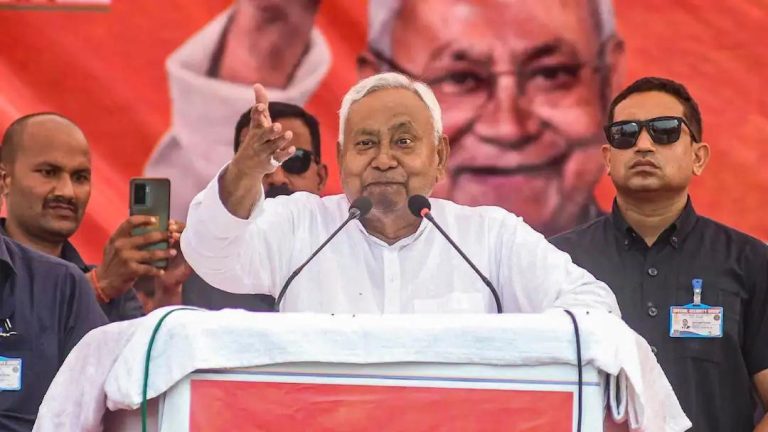
US doesn’t care about any other country: J&K CM Omar after Trump-Pak army chief lunch
The world was left stunned when US President Donald Trump hosted Pakistan’s army chief General Asim Munir for lunch, sparking widespread criticism and outrage. The move was seen as a significant departure from the traditional stance of the US government towards Pakistan, which has been accused of supporting terrorist organizations and being a safe haven for Taliban leaders.
In response to this unexpected development, Jammu and Kashmir Chief Minister Omar Abdullah expressed his frustration and disappointment over the US President’s decision. In a sharp and candid statement, Abdullah said that the US does not care about any other country, only what benefits them.
“We can’t dictate to the US President whom he should invite for dinner… We used to think the US President was our close friend, and he’d respect that, but the US does what benefits them, they don’t care about any other country,” Abdullah stated.
Abdullah’s comments reflect the widespread sentiment in India and other parts of the world that the US is adopting a transactional approach to its foreign policy, where national interests are put ahead of friendship and alliances. The US has historically been a close ally of India, and there were concerns that the Trump administration’s decision to invite the Pakistan army chief for lunch would undermine this relationship.
However, it is worth noting that the US has been trying to engage with Pakistan in recent years, recognizing its potential as a key player in the region. The Trump administration has been working to negotiate a peace deal with the Taliban, and Pakistan has been seen as a crucial partner in these efforts.
The decision to invite General Munir for lunch has been seen as a significant move towards normalizing relations between the two countries. While the move has been welcomed by some as a step towards peace and stability in the region, it has also sparked concerns about the potential implications for regional security and the stability of the Afghanistan peace process.
India, in particular, has been a vocal critic of Pakistan’s role in the region, accusing it of supporting terrorist organizations and being a safe haven for Taliban leaders. The US decision to invite General Munir for lunch has been seen as a betrayal of India’s trust and a departure from the traditional stance of the US government towards Pakistan.
In recent years, the US has been working to strengthen its relationship with India, seeing it as a key player in the region. The two countries have cooperated closely on a range of issues, including counter-terrorism and defense. However, the decision to invite General Munir for lunch has raised questions about the durability of this relationship and whether the US is willing to compromise its values and interests in pursuit of short-term gains.
The reaction to the US President’s decision has been mixed, with some welcoming the move as a step towards peace and stability in the region, while others have criticized it as a betrayal of trust and a departure from the traditional stance of the US government.
In conclusion, the US decision to invite Pakistan’s army chief General Asim Munir for lunch has sparked widespread criticism and outrage, with Jammu and Kashmir Chief Minister Omar Abdullah expressing his frustration and disappointment over the move. The decision has raised questions about the durability of the US-India relationship and whether the US is willing to compromise its values and interests in pursuit of short-term gains.






